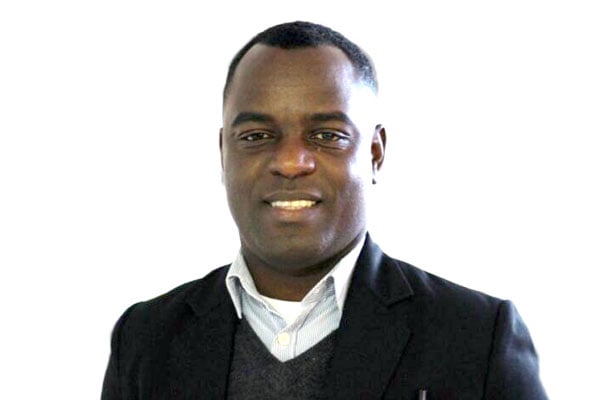Prime
It’s wrong to radicalise Ugandans into oppressing queer folks

Author: Dr Frank Mugisha, a human rights and peace advocate.
What you need to know:
- ‘‘The consequences of radicalisation maybe beyond us by the time we realise”
Recently, the mainstream and social media have been awash with homophobic cries with calls from both the political and religious leaders. Dear, reader this is the only time Muslims, Catholics, Born-agains and other faiths, especially those with Abrahamic roots, are in unison.
In their attempt to exorcise the country of homosexuality, which they deemed satanic, they clutch on notions of ‘Africaness’ and culture. The concept of African culture is so difficult to decipher as Africa the continent (as baptised by colonialists) has more than 1,000 polities and it’s impossible to decipher which culture permeates the vast continent in its entirety.
For example, I am doubtful whether the customs and practices of the Baganda are akin to those of the Ndebele of Zimbabwe, or the Kikuyu of Kenya, among others. Culture as a form or way of being is historical and contains contestations.
Minority voices have always existed but may be ignored or marginalised in major or mainstream historical accounts. The mental map that thinks of a sexual practice as ‘Western’ is funny to the extent that it assumes any form of expression, including sexual expression, must come from out.
The irony is that these leaders make these statements in English not Luganda. They do so in their designer branded suits stepping out of their Germany fuel guzzlers. Reminding us that homosexuality is criminal relying on imperial laws.
The impact and calculation of this talk, much as it is masked and wrapped in saving the children mantra is to return the anti-gay legislation. Little wonder that this newspaper reported on Thursday, February 16, that the clerics were drumming support for the re-introduction of the anti-gay legislation.
This talk has caused many LGBTQI folks untold suffering, and this is seen in the overwhelming number of queer folks pain and agony explaining while many are reaching out for help. These young Ugandans have been sent out from homes and some after being battered.
A young lady that wrecked my heart is one whose brother had his friends rape her claiming that she could not reject that whose taste she didn’t know.
The crisis was further accentuated by a purported report leaked by the NGO Bureau which allegedly seeks to criminalise the activities of LGBTI friendly civil society organisations. It should be noted that what is criminal according to the Constitution is marriage and the Penal Code criminalises the act or the actual sexual act.
The activities criminalised by the Bureau include the help tuned to mental health camps and health services from those that have been sent away from health centres. The impending closure of all these organisations that hovers like the proverbial sword of Damocles is troubling.
The trauma among activists is worrying and I am afraid may radicalise both sides of the coin. Because for a moment let’s reflect on the words of Thomas Jefferson “as long as injustices are sufferable people will continue to suffer”. This essentially is to say that people can suffer certain things only to an extent.
By pushing the oppression too far, the intention is to radicalise the Ugandans who in turn oppress queer folks through social ostracisation, battering among heinous abuses. We are aware of concepts such as self-radicalisation that turn good people into monsters of sorts.
The consequences of this radicalisation maybe beyond us by the time we realise, but we should all be kind because we all have a brother, sister, friend in the closet and is queer.
The author, Dr Frank Mugisha is a human rights and peace advocate.




